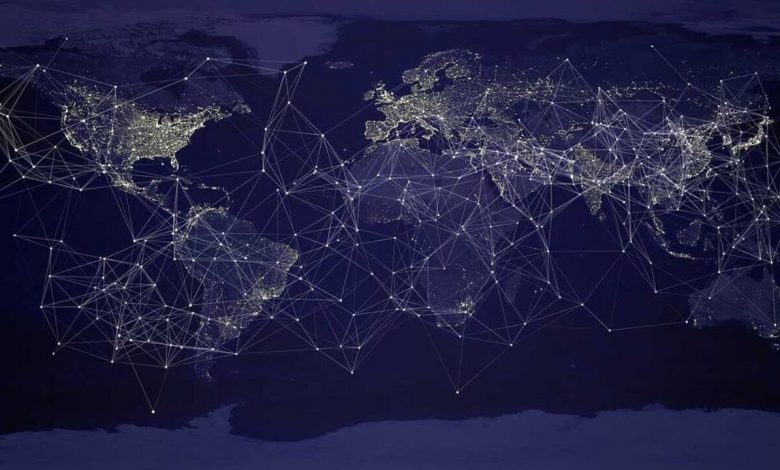Analysis: The Global South-Global North asymmetry will escalate

It is crucial to recognize that digitalization and technology will also serve as significant areas where asymmetry will be observed between the Global South and the Global North
he future of the world economy revolves around the pressing issue of establishing a balance between the Global South and the Global North. As the global economic and political landscape undergoes transformation, the critical question of asymmetry takes center stage. Over the next 10, 25 and 50 years, the profound impact of asymmetry in production, exports, investments, employment, gross domestic product (GDP) growth, population and technology between the Global South and Global North will shape the global order.
The current reality is that the population asymmetry between the Global South and the Global North for the next 25-50 years will bring along significant changes in production, trade, political power and sphere of influence. In particular, the asymmetry of political power and sphere of influence will trigger permanent consequences for the radical change of the center of gravity in the global multilateral system based on international organizations.
The members of the G-20 countries representing the Global South have already surpassed the members representing the Global North in terms of their share in global GDP and global trade. Moreover, this asymmetry will increase by at least 25% in favor of the Global South in the next 10 to 25 years.
The increasing sphere of influence in the world economy will undoubtedly bring about a change in the global political force field. For this reason, the Atlantic alliance, through its political and military organizations that represent itself, is trying to create new regional cooperation opportunities by expanding the number of its members and its sphere of influence to delay this inevitable result as long as possible. The quests and projects carried out around the concept of “Indo-Pacific” are actually based on this need.
The Global South, on the other hand, carefully follows the new global standards established on the concepts of environment, climate, zero waste and net-zero carbon, and puts forward a clear stance where it demands to be heard more in creating these standards.
Competition
From this point of view, the innovation, research and development competition to be observed between the Global South and the Global North based on energy, climate, digital transformation and technology transformation will also bring along new areas of competition in terms of mechanisms for financing the projects to be carried out by the two poles.
Accordingly, new banks and new financial institutions will join the well-known international and regional development and investment banks; and in the near future, we will witness together that new regional international financial centers such as the Istanbul Financial Center (IFC) will play an important role in this race.
At this point, it should not be overlooked that another important aspect where asymmetry will be experienced between the Global South and the Global North is digitalization and technology. The fierce competition to be observed in 5G technologies, artificial intelligence, blockchain, digital money, smart device technologies and “Internet of Everything” (IoT) technologies will also deeply affect the conditions of the competition for political power and influence between the two groups.
The asymmetry in global population projections will also deeply affect the demands and expectations between the two groups in areas such as food security, supply security, employment security, housing and shelter security. While the population gap between the Global South and the Global North is 4.7 billion as of 2023, this difference will have increased to 7 billion by 2050.
Therefore, the cooperation network that the Global South will develop and deepen within itself in the areas of energy, food and technology security will undoubtedly create an asymmetry between the two groups in terms of global trade and supply chain.
At this point, the areas of cooperation we have pointed out may, in the near future, most likely bring new international organizations to the agenda that will strengthen the global and regional cooperation network among the countries representing the Global South and can accelerate the growth of existing organizations. We will continue to remind you of developments in this area as long as the global agenda allows.





